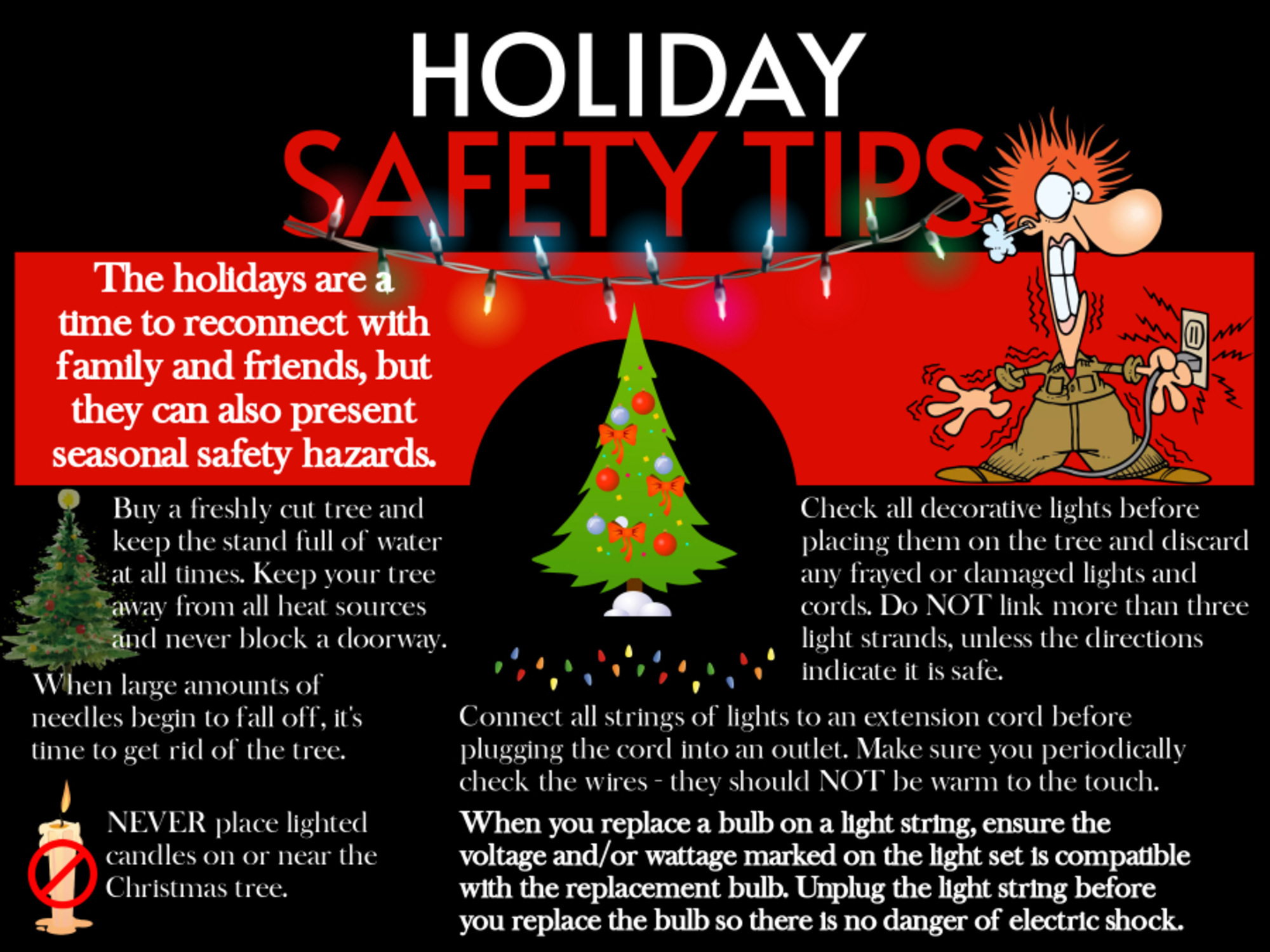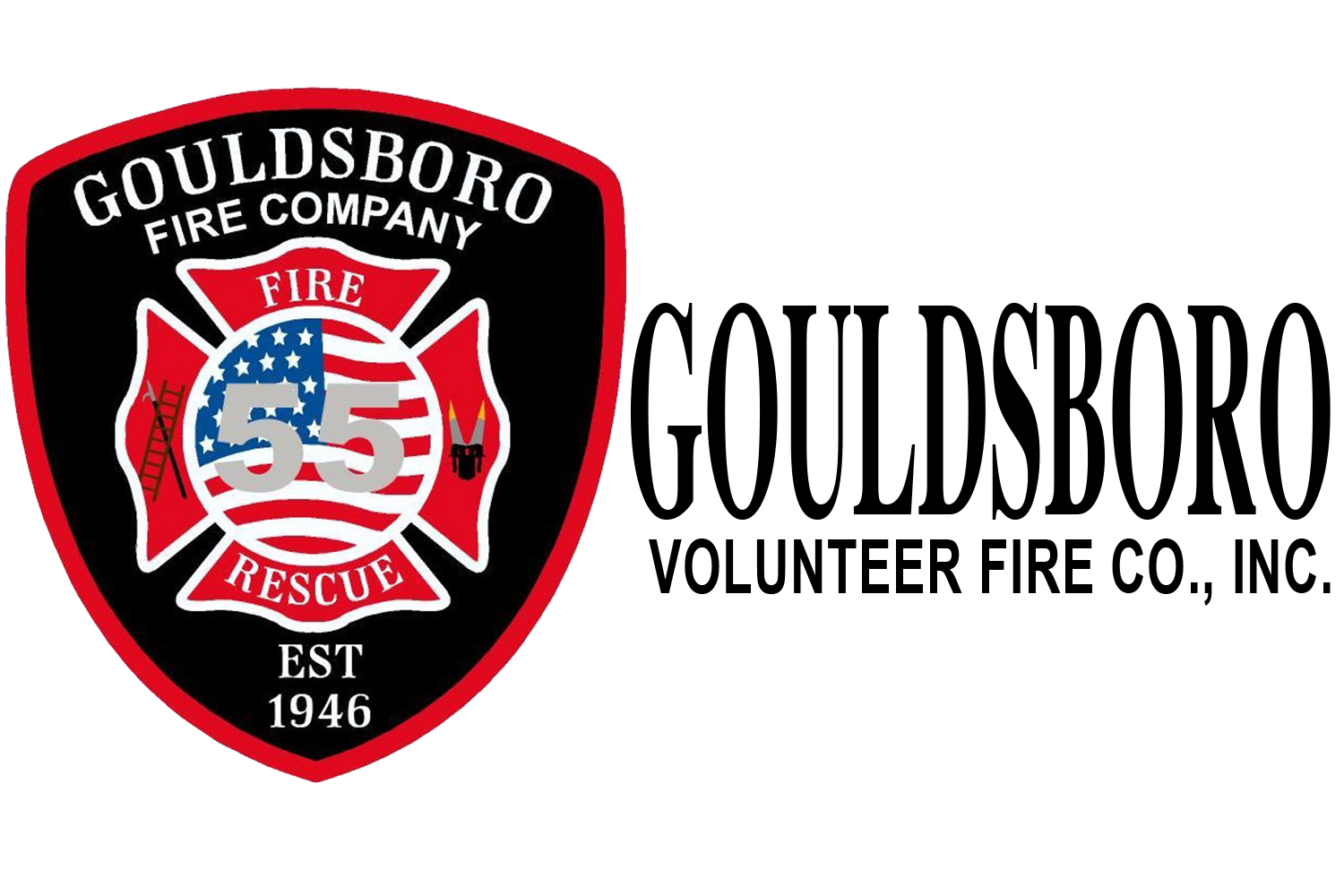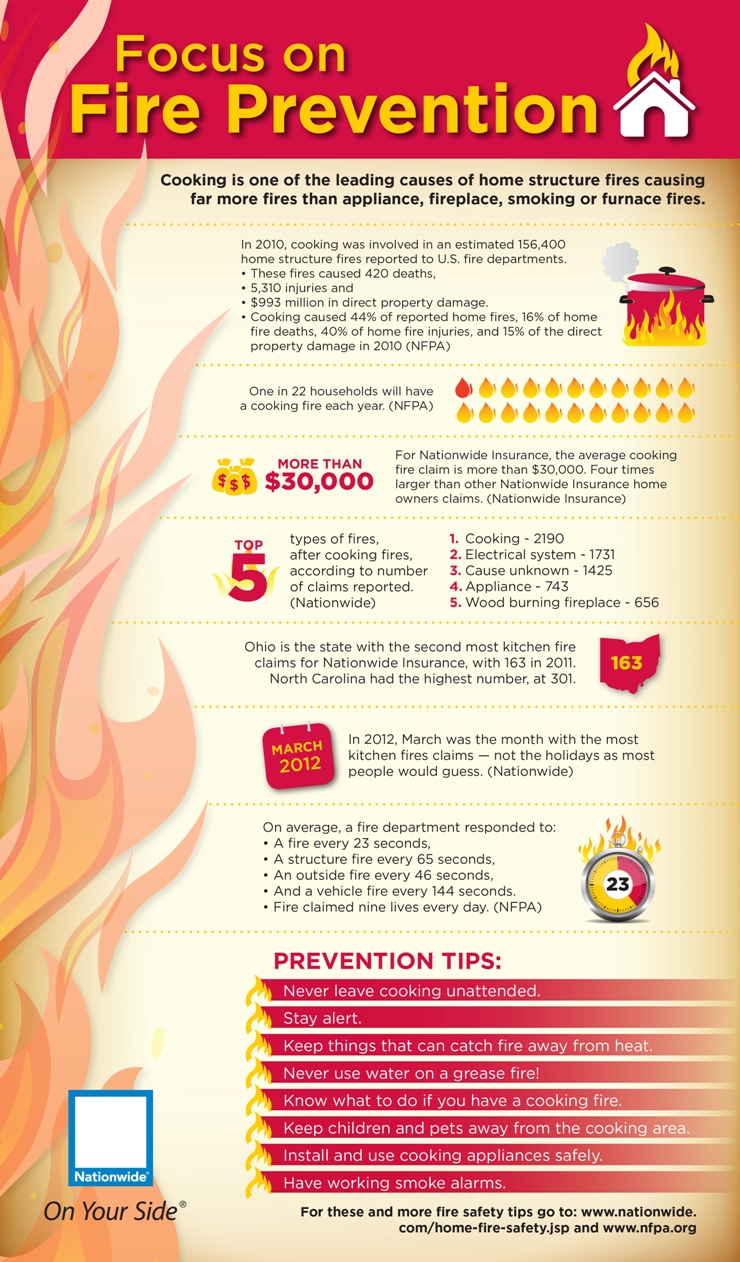FIRE SAFETY
Did you know that cooking is the leading cause of home fires? Knowing how to protect yourself in an emergency is the key between a small fire and an unfortunate tragedy. Below are a host of tips on fire safety and prevention to keep you and your families better protected in case of an emergency. Fire Prevention is the first step. As always, CALL 911.
Don't wait for the heat; practice fire safety.
PA DISASTER PREPAREDNESS WEBSITE:
CLICK HERE: ready.pa.gov
NATIONAL WEATHER SERVICE FLOOD SAFETY:
CLICK HERE: weather.com/safety/flood
INSTALL SMOKE DETECTORS:
- Install smoke detectors on every level of your home, including the basement, attic, garage, and outside of each sleeping area.
- If you sleep with the door closed, install one inside your sleeping area as well.
- Test smoke alarms once a month and replace batteries twice a year when you change the time on your clocks.
- Never “borrow” a smoke detector’s battery for another use – a disabled detector can’t save your life.
- Replace detectors that are more than 10 years old.
CARBON MONOXIDE DETECTORS:
- Install a carbon monoxide detector on every level of your home.
- Make sure your carbon monoxide detector is working properly – it can provide an early warning of accumulating carbon monoxide, but is no substitute for proper maintenance of heating and cooking equipment.
- Use detectors that have battery backup in case there is a power failure and test the battery monthy.
- Replace faulty detectors or detectors more than 10 years old.
CHIMNEY SAFETY:
Have your chimney inspected by a professional before the start of every heating season and have it cleaned if necessary. Creosote, a chemical substance that forms when wood burns, builds up in chimneys and can cause a chimney fire if not removed.
VEHICLE SAFETY:
- ALWAYS designate a non-drinking driver.
- Buckle up. Wearing a seatbelt is the easiest and best way to prevent injury in a motor vehicle collision.
- Ensure that all passengers are also wearing their seatbelts.
PLAN YOUR ESCAPE FROM FIRE.
If a fire breaks out in your home, you have to get out fast. Prepare for a fire emergency by sitting down with your family and agreeing on an escape plan. Be sure that everyone knows at least two unobstructed exits – doors and windows – from every room. Decide on a meeting place outside where everyone will meet after they escape. Have your entire household practice your escape plan at least twice a year.
KEEP AN EYE ON SMOKERS.
Careless smoking is the leading cause of fire deaths in North America. Smoking in bed or when you are drowsy could be deadly. Provide smokers with large, deep non-tip ashtrays and soak butts with water before discarding them. Before going to bed or leaving home after someone has been smoking, check under and around cushions and upholstered futniture for smoldering cigarettes.
COOK CAREFULLY.
Never leave your stove unattended. Keep cooking areas clear of combustibles such as curtains, pot holders, or towels and wear clothes with short, rolled-up or tight-fitting sleeves when you cook. Turn pot handles inward on the stove where you can’t bump them and children can’t grab them. Enforce a “Kid-Free Zone” three feet around your kitchen stove. If grease catches fire in a pan, slide a lid over the pan to smother the flames and turn off the heat. Leave the lid on until cool. NEVER USE WATER ON A GREASE FIRE. IT WILL CAUSE THE FIRE TO SPREAD.
GIVE SPACE HEATERS SPACE.
Keep portable heaters and space heaters at least three feet from anything that can burn, including furniture, bedding, and clothing. Keep children and pets away from heaters and never leave heaters unattended. Shut off before leaving home or going to bed.
MATCHES AND LIGHTERS CAN BE DEADLY.
In a child’s hand, matches and lighters can be deadly. Use only child-resistant lighters and store all matches and lighters up high where small children cannot see or reach them, preferably in a locked cabinet. Teach your children that matches and lighters should only be used by adults or with adult supervision. Teach young children to tell a grown-up if they find matches and lighters; older children should bring matches or lighters to an adult immediately.
COOL A BURN.
Run cool water over a burn for 10 to 15 minutes. Never put butter or any grease on a burn and never use ice. If the burned skin blisters or is charred, see a doctor immediately.
USE ELECTRICITY SAFELY.
If an electrical appliance smokes or has an unusual smell, unplug it immediately and have it serviced before using it again. Replace any electrical cord that is cracked or frayed. Don’t overload extension cords or run them under rugs. Don’t tamper with your fuse box or use improper size fuses.
Select heating equipment that bears the UL Mark. The UL Mark on a product means that UL engineers have tested representative samples of the product for foreseeable safety hazards.
STAY LOW AND GO.
During a fire, smoke and poisonous gasses rise with the heat. The air is cleaner near the floor. If you encounter smoke while you are escaping from a fire, use and alternate escape route.
STOP, DROP, AND ROLL.
If your clothing catches fire, don’t run.
STOP where you are.
DROP to the ground and cover your face with your hands.
ROLL over and over from side to side to smother the flames until they are extinguished.

GOULDSBORO VOLUNTEER FIRE COMPANY, INC.
Main: (570) 842-2663
55firerescue@yahoo.com
OUR ADDRESS IS:
P.O. Box 301
490 Main Street
Gouldsboro, PA 18424


